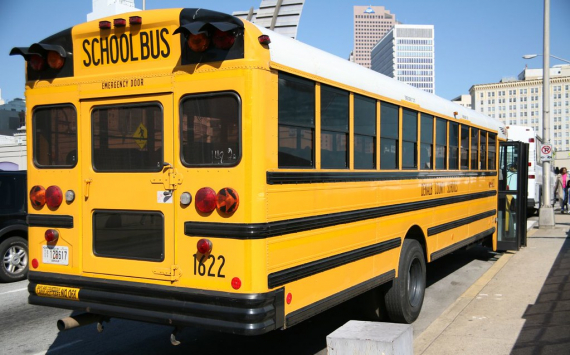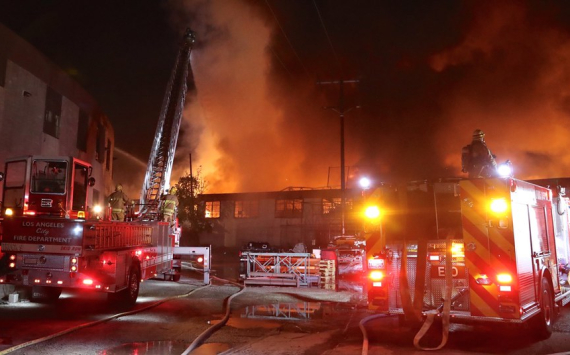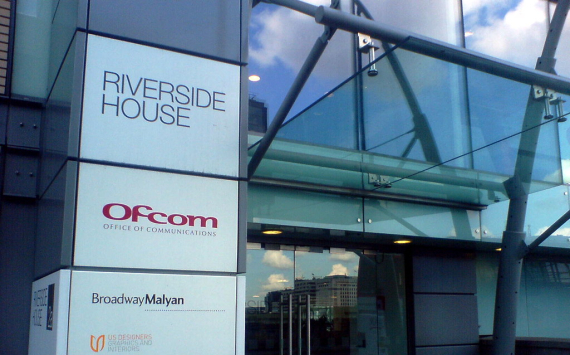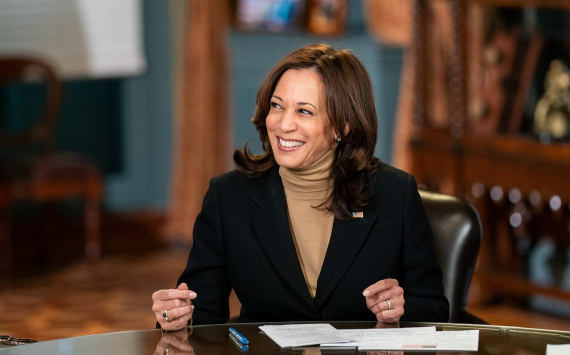
Bridging the Homework Gap
The federal government has introduced a plan to address the "homework gap," which affects students without home Wi-Fi. The proposal involves equipping school buses with Wi-Fi, where students often spend substantial commuting time.
This initiative is part of the President's goal to provide high-speed internet access for all Americans, though it faces objections from some Republicans who question its cost and potential negative impact on unsupervised social media use.
In a recent vote, the Federal Communications Commission (FCC) approved the use of E-Rate program funding for school bus Wi-Fi, effective from July 1, 2024. The E-Rate program, established in 1996, initially aimed to help schools and libraries access affordable broadband when just 14% of K-12 classrooms had internet.
FCC Chairwoman Jessica Rosenworcel shared her experience in Vermont, where a school successfully implemented Wi-Fi on buses, turning ride time into productive homework time. Her tenure has focused on closing the "homework gap."
This action became possible after the Senate confirmed Anna Gomez, giving Democrats the majority required for approval. Two Republican FCC members opposed the plan.
The implementation aligns with the 2024 expiration of the Emergency Connectivity Fund, which supported students during the COVID-19 pandemic.
Senators Ted Cruz and Cathy McMorris Rodgers opposed the plan, citing concerns about cost, scope, and limited benefits. Chairwoman Rosenworcel noted current law permits E-Rate funding for "additional services for educational purposes."
Senator Ben Ray Luján introduced a bill for Wi-Fi on school buses with bipartisan support. Senator Cruz introduced a bill prohibiting social media on E-Rate-supported services, emphasizing the need to restrict access during school hours.
Cruz's bill also requires schools to limit student screen time and the FCC to establish a public database of internet safety policies.
Lawmakers are increasingly concerned about the influence of social media on children's well-being, particularly after reports of its adverse effects on mental health.
This bill is part of a broader discussion on the impact of social media on young people.













































